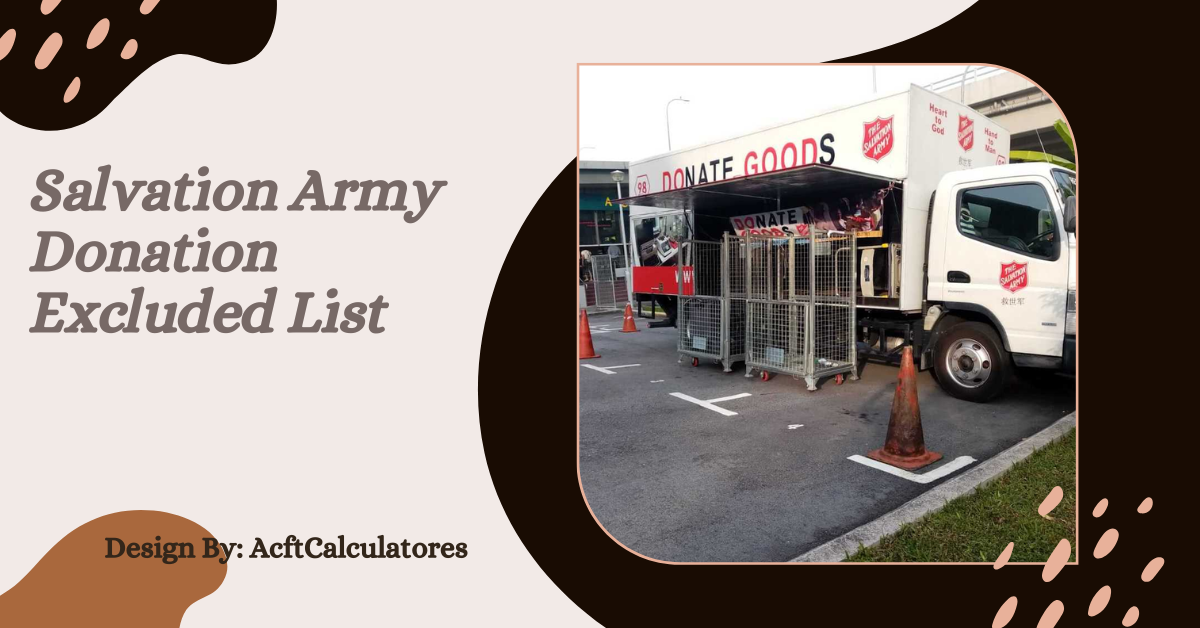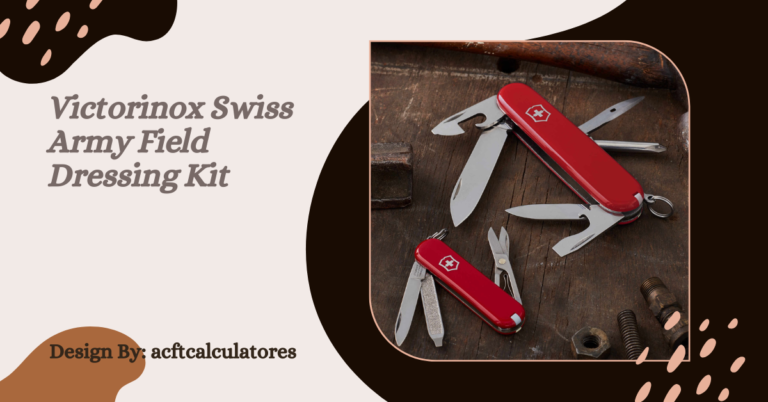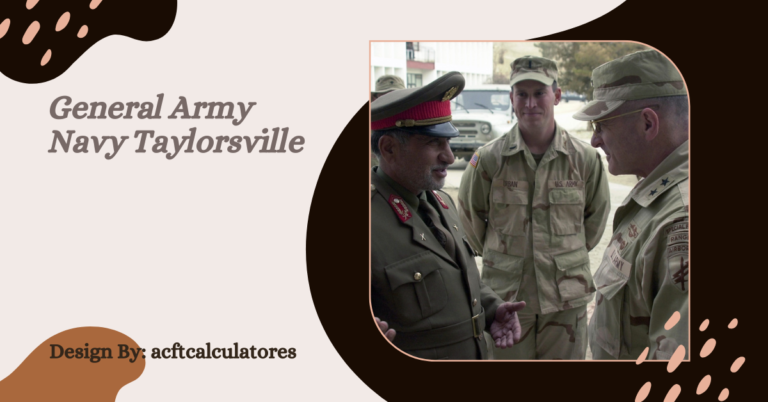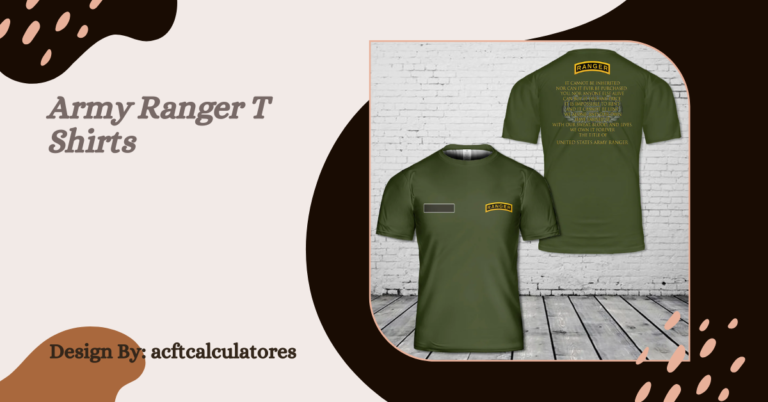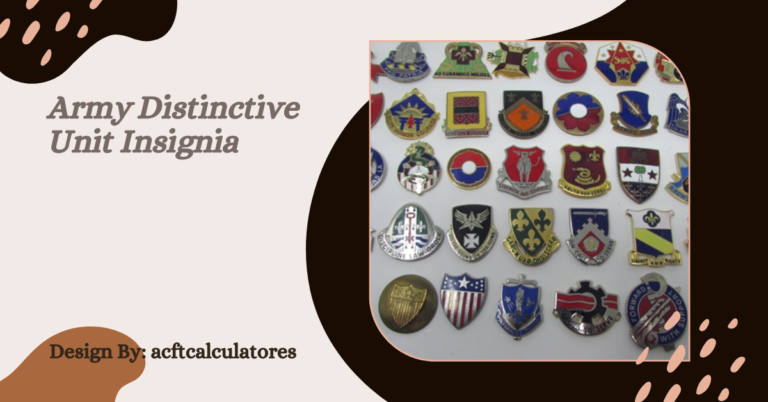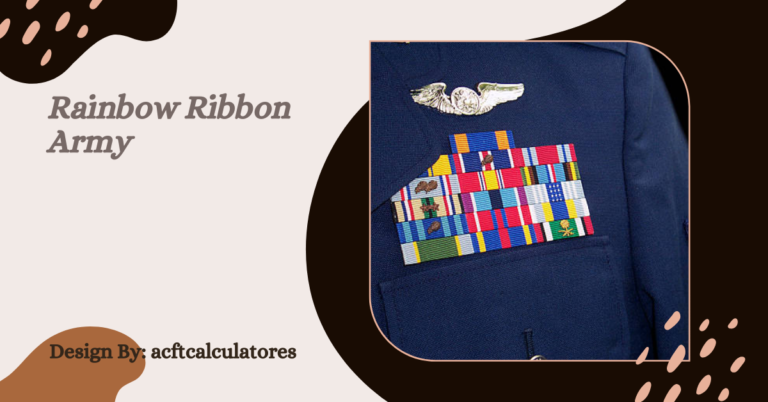Salvation Army Donation Excluded List – Understanding What Items Can’t Be Accepted!
The Salvation Army has a list of items it cannot accept due to safety, storage, and regulatory concerns, ensuring donations are useful, safe, and compliant.
This guide covers what the Salvation Army cannot accept, why certain items are excluded, and helpful tips on responsibly donating your items.
Table of Contents
Why Does the Salvation Army Have an Exclusion List?

The Salvation Army, like many other charities, has guidelines on what can and cannot be donated. These restrictions are based on a variety of factors, including safety concerns, storage limitations, and regulatory compliance.
Certain items may pose risks to recipients, while others may be too costly to repair or store. By following the exclusion list, donors help the Salvation Army focus resources on items that are more beneficial to their programs.
Common Items on the Salvation Army Donation Excluded List:
Knowing what items are on the exclusion list helps you avoid making unintentional donations and ensures that items given are safe, useful, and welcomed by the organization. Here are the categories typically found on the Salvation Army’s exclusion list:
1. Hazardous Materials:
The Salvation Army cannot accept any items that contain hazardous or flammable materials. This includes:
- Paint, paint thinners, and other chemicals
- Gasoline, propane tanks, and kerosene
- Batteries (especially car batteries) and light bulbs containing mercury These items pose risks of contamination and are better disposed of at designated recycling centers.
2. Damaged or Broken Items:
Donations should be in working condition. The Salvation Army does not have the resources to repair broken items. Items that generally fall under this category include:
- Electronics with missing parts or that don’t function
- Broken furniture or appliances
- Damaged toys or games For broken or damaged goods, consider contacting an electronics or appliance recycling program.
3. Large Appliances:
While the Salvation Army accepts many household items, large appliances like refrigerators, stoves, and washers are usually excluded due to storage limitations. Some local centers may have exceptions, but generally:
- Refrigerators
- Stoves and ovens
- Washing machines and dryers It’s best to check with local recycling centers or charitable organizations that may specifically accept these items.
Also Read: Royal Thail Army Golf Course Layout Map – A Complete Guide!
4. Mattresses and Box Springs:
Used mattresses and box springs are commonly excluded from donation lists for hygiene and safety reasons. They can also carry bed bugs, mold, or other contaminants, posing health risks. You may be able to find specialized furniture recycling or repurposing programs that handle these items.
5. Car Seats and Cribs:
Safety regulations around car seats and cribs are constantly updated. Because of these standards, the Salvation Army typically avoids accepting:
- Car seats (due to expiration and safety recalls)
- Cribs that may not meet safety requirements These items are often best disposed of through specialty recycling programs.
6. Weapons and Ammunition:
For obvious safety and legal reasons, the Salvation Army will not accept:
- Firearms, ammunition, or explosives
- Knives or other sharp objects If you need to dispose of such items, contact local law enforcement or look into specific firearm disposal programs in your area.
7. Medical Equipment and Supplies:
Medical equipment, even if unused, often requires specific handling or licensing, so the Salvation Army generally excludes items like:
- Prescription medications
- Medical devices such as oxygen tanks or hospital beds For these, consider contacting local hospitals or organizations dedicated to medical equipment recycling.
8. Certain Electronics:
Outdated electronics, such as old televisions, may be difficult to sell or recycle, which is why certain items are on the exclusion list. Commonly excluded electronics include:
- CRT televisions
- Printers with ink or toner
- Outdated computers or equipment Some specialized electronic recycling centers or manufacturers offer programs for these items.
9. Personal Care Items:
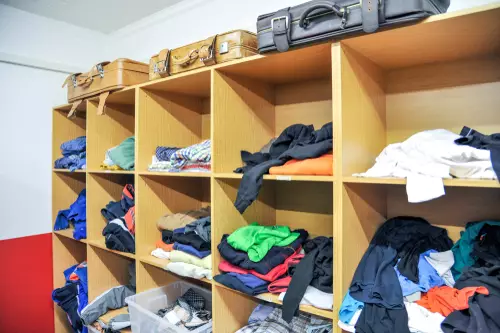
The Salvation Army cannot accept personal care items for hygiene and health concerns. This includes:
- Opened toiletries (like shampoo, soap, and lotions)
- Used makeup and skincare products
- Razors and other personal grooming items If unopened, some personal care items may be accepted by shelters or women’s organizations.
10. Building Materials and Renovation Supplies:
Certain bulky items like carpeting, bricks, and lumber are also on the exclusion list due to storage and transport limitations. This may include:
- Building materials (drywall, tile, bricks)
- Unused carpeting or flooring materials
- Large renovation tools For these items, look into Habitat for Humanity’s ReStores, which often accept renovation supplies.
Alternative Options for Excluded Items:
Items on the Salvation Army’s exclusion list don’t necessarily have to end up in the landfill. Here are some alternative options to consider:
- Local Recycling Centers: Many cities have facilities for recycling electronics, hazardous materials, and large appliances.
- Specialty Charities: Organizations like Habitat for Humanity accept renovation materials and some larger appliances.
- Municipal Disposal Programs: Local waste management facilities may have specific days or programs for hazardous materials or bulky item disposal.
- Freecycle and Online Platforms: Websites like Freecycle and Craigslist offer opportunities to give away items that may be useful to others.
Tips for Making a Successful Donation:
To make the most of your donation, ensure items are clean, functional, and meet the Salvation Army’s donation guidelines. Here are a few tips for successful giving:
- Research Local Guidelines: Donation policies vary by location, so checking with your local Salvation Army branch can help you understand specific exclusions.
- Inspect Items Before Donating: Ensure electronics work, furniture is sturdy, and clothing is clean and free of tears.
- Be Respectful: Donating items that meet their guidelines is respectful to the charity’s volunteers and staff, ensuring that your contributions help those in need effectively.
FAQ’s
1. Why does the Salvation Army have a donation exclusion list?
The list exists to ensure donated items are safe, usable, and manageable within their storage and handling capabilities.
2. Can I donate broken or damaged items to the Salvation Army?
No, the Salvation Army cannot accept broken or damaged items as they lack resources to repair or restore them.
3. Why are large appliances excluded from Salvation Army donations?
Due to storage and handling limitations, large appliances like refrigerators and stoves are generally not accepted.
4. Are personal care items accepted by the Salvation Army?
No, used personal care items, such as opened toiletries or razors, are not accepted due to health and hygiene concerns.
5. What can I do with items that the Salvation Army won’t accept?
Consider recycling centers, specialty charities, or donation platforms like Freecycle for items that can’t be accepted by the Salvation Army.
Final Thoughts
Understanding the Salvation Army’s donation exclusion list helps maximize the impact of your contribution and supports the organization’s mission to assist individuals and families in need. By reviewing this guide and choosing suitable items for donation, you can confidently make a positive difference in your community.

